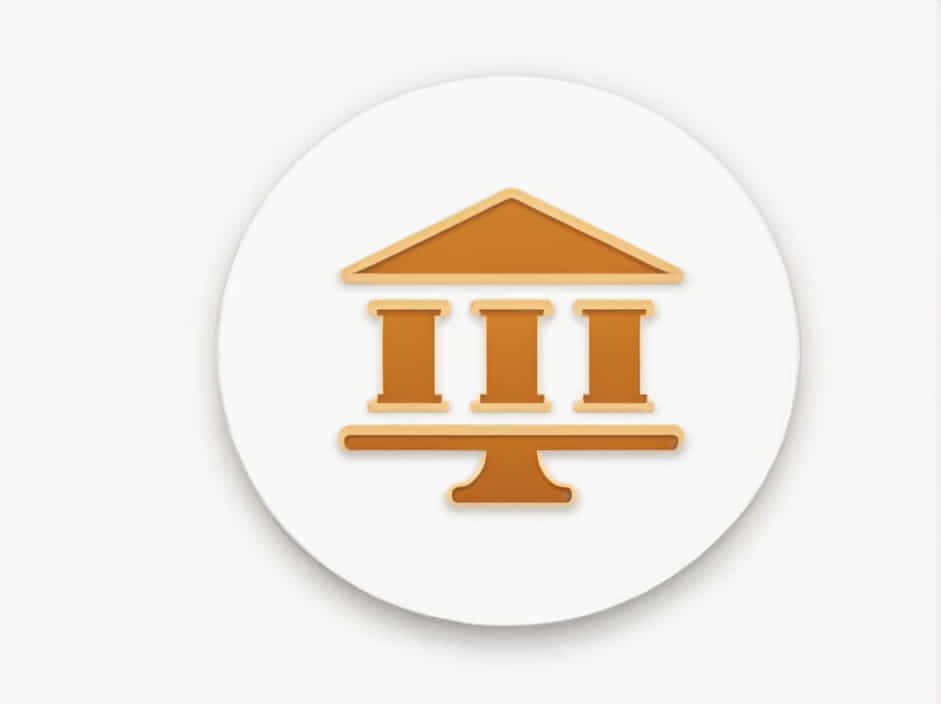The US House Committee on Oversight and Accountability is one of the most powerful committees in Congress. It plays a crucial role in investigating government operations, ensuring transparency, and holding federal agencies accountable. With broad authority, the committee examines issues ranging from government spending to national security.
This topic explores the committee’s history, functions, notable investigations, and its impact on US governance.
History and Purpose of the Committee
The House Committee on Oversight and Accountability (formerly known as the House Committee on Oversight and Reform) is one of the oldest standing committees in the US Congress. It was originally established in 1816 and has evolved over time to become the primary investigative body in the House of Representatives.
Mission and Responsibilities
The committee’s main purpose is to oversee and investigate federal government activities to ensure they operate efficiently and lawfully. Its responsibilities include:
- Government Oversight: Examining the actions of federal agencies, departments, and officials.
- Waste, Fraud, and Abuse Investigations: Identifying misuse of taxpayer money.
- Legislative Oversight: Monitoring the implementation of laws passed by Congress.
- National Security and Public Policy Reviews: Assessing government policies affecting national security, healthcare, and infrastructure.
Structure and Leadership
The House Committee on Oversight and Accountability is made up of members of the US House of Representatives. The number of members can vary, but it typically includes a mix of Democrats and Republicans, with the majority party holding leadership positions.
Chairperson and Ranking Member
- The Chairperson is selected from the majority party and leads investigations, hearings, and policy discussions.
- The Ranking Member is from the minority party and serves as the opposition’s lead voice.
These leaders play a critical role in setting the committee’s agenda and determining which issues are investigated.
Key Functions of the Committee
1. Investigating Government Operations
The committee has the authority to investigate any aspect of the federal government. It can issue subpoenas, hold hearings, and request documents from government agencies to ensure compliance with the law.
2. Examining Federal Spending
One of the committee’s top priorities is ensuring that taxpayer money is used properly. It investigates government contracts, budgets, and financial mismanagement to prevent wasteful spending.
3. Holding Public Hearings
The committee regularly holds public hearings where government officials, experts, and whistleblowers testify about issues under investigation. These hearings provide transparency and help inform legislative decisions.
4. Ensuring Ethical Conduct
The committee monitors ethics and conflicts of interest among federal officials. It investigates allegations of corruption, misconduct, and violations of public trust.
5. Overseeing National Security and Public Policy
The committee plays a role in evaluating national security policies, intelligence operations, and emergency response programs. It also reviews regulations related to healthcare, infrastructure, and economic policies.
Notable Investigations and Cases
Over the years, the House Committee on Oversight and Accountability has conducted high-profile investigations that have shaped US politics.
1. Watergate Scandal (1970s)
One of the most famous investigations in US history, the committee played a role in uncovering the Nixon administration’s involvement in illegal activities, leading to President Nixon’s resignation.
2. Benghazi Attack Investigation (2012-2016)
The committee investigated the 2012 terrorist attack on the US consulate in Benghazi, Libya, which resulted in the deaths of four Americans. The investigation focused on security failures and the response of the Obama administration.
3. COVID-19 Response and Government Spending (2020-Present)
During the COVID-19 pandemic, the committee examined government spending related to stimulus programs, vaccine distribution, and healthcare funding. It aimed to identify misuse of funds and improve response strategies.
4. Federal Government Whistleblower Cases
The committee has investigated numerous whistleblower allegations involving corruption, fraud, and misconduct within government agencies. These cases help protect government employees who expose wrongdoing.
Impact on US Governance
The House Committee on Oversight and Accountability plays a vital role in maintaining government integrity. Its work has led to legislative reforms, improved transparency, and greater accountability among federal officials.
1. Strengthening Government Transparency
By conducting investigations and public hearings, the committee helps ensure that the government operates openly and follows the law.
2. Preventing Corruption and Waste
Through audits and investigations, the committee identifies and prevents fraud, saving taxpayer money and improving government efficiency.
3. Informing Public Policy Decisions
The committee’s findings often influence policy changes, leading to stronger regulations and reforms in various sectors, including healthcare, defense, and finance.
Challenges Faced by the Committee
Despite its authority, the House Committee on Oversight and Accountability faces several challenges:
1. Political Bias and Partisan Conflicts
Since the committee is made up of politicians, investigations can sometimes be influenced by party agendas rather than objective oversight. This can lead to partisan disputes that slow down progress.
2. Resistance from Government Agencies
Some government agencies and officials resist oversight efforts by refusing to provide documents or cooperate with investigations. This makes accountability efforts more difficult.
3. Managing a High Volume of Cases
With numerous issues requiring investigation, the committee must prioritize its efforts, sometimes leaving important cases under-examined.
Future of the House Oversight Committee
The House Committee on Oversight and Accountability will continue to play a crucial role in ensuring government transparency and efficiency. As new challenges arise, the committee will likely focus on:
- Technology Oversight: Examining cybersecurity threats, data privacy, and AI regulations.
- Election Security: Investigating claims of election fraud and ensuring fair voting practices.
- National Security Threats: Addressing concerns related to foreign interference, military operations, and global conflicts.
The House Committee on Oversight and Accountability is a cornerstone of US democracy, dedicated to investigating government actions, preventing corruption, and ensuring accountability. While it faces challenges, its work remains essential in maintaining transparency and trust in the government. As the political landscape evolves, the committee’s role will continue to shape the future of American governance.
